Proof of Concept Study of the Epidemic Preparedness in Communities (EPiC) system in Sierra Leone
Narrative Description of Project: Much of the data collected during the Ebola Virus Disease outbreak in Sierra Leone remains siloed in various organisations. The Ministry of Health has multiple Health Information Systems (HIS), such as DHIS2 and IDSR, and in addition NGO partners collected data that did not fit into HIS, such as surveys and social mobilisation data. Sharing of these disparate data sources is difficult since the formal HIS are not interoperable, and there is no common platform to share other forms of data collected by NGO partners.
There is a need to improve timely access to data to provide a rapid, coordinated response in the future. IBM Research | Africa received funding through the USAID Ebola Grand Challenges Award to build an Epidemic Preparedness in Communities (EPiC) system that will provide decision makers and program implementers, both in the Ministry of Health and in NGOs, to quickly and intuitively share data. The system allows the user to easily upload data on health facility assessments and disease surveillance and map it, and in addition provides analytics to score facilities on their accessibility.
For this project, we conducted a month long proof of concept at the District Health Medical Team (DHMT) at Port Loko and the Open Government Initiative (OGI) at Freetown. We were tasked with carrying out detailed ethnographic studies to understand the existing workflows at the DHMT related to disease surveillance and at the OGI related to citizen engagements, and mapping out the ways in which user adoption of the platform could be maximised. The platform extensively used streams of data from various datasets in deriving data intelligence, as well as crowdsourcing data collection toolkits such as Kobo Toolbox. We identified the bottlenecks that were occurring at various points in the data collection pipeline, and given our expertise in running massive cloud infrastructures in the poor internet connectivity environment of Sierra Leone, had to suggest ways by which the latency of the application could be reduced, which included, but was not limited to the following:
- Suggesting improvements in the front end application to reduce its latency on mobile devices
- Suggesting improvements in using the crowdsourced data collection toolkits for acquiring information in much more structured silos
Description of Actual Services Provided by Our Staff:
- Designed and conducted ethnographic studies, focus group interviews and surveys with the various stakeholders to understand their requirements
- Designed and conducted design workshops at the DHMT at Port Loko and the OGI at Freetown to map out the workflows of the stakeholders
- Created training manuals for the users on the main functionalities of the system
- Conducted detailed in-person interviews to elicit the feedback from the users regarding the major functionalities and user interface of the system
- Carried out a detailed evaluation of the HR and technical requirements at the OGI call centre, and suggested ways in which the functionality of the call centre can be further improved
Carried out a proof of concept of the disease surveillance dashboard
- CLIENT IBM Research Africa
- YEAR July 2016
- WE DID Proof of Concept Study of the Epidemic Preparedness in Communities (EPiC) system in Sierra Leone
- PARTNERS David Sengeh, Data Scientist
- CATEGORY iDT Consulting

